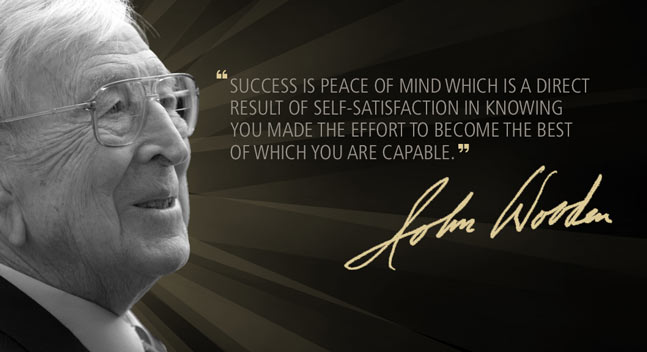
““Success is the result of prioritizing long-term desire over short-term gratification””
Introduction
As I reflect upon that statement I cannot help but conjure up feelings of anxiety and apprehension, especially when it comes to staring down the barrel of pursuing a doctorate degree for the next two years of my life. Especially when having to juggle the demands of professional, family, and other volunteer efforts that I’ve been involved in over the past few years. That all said, how do I combine immediate rewards with long-term rewards?
It’s Mental & Physical…
In many of the research papers I’ve read early on in this doctorate journey, success is tied to well-being: both mental and physical. It’s hard to learn and be motivated when one is constantly drained from a mental standpoint. For me, this is usually the result of taking on too much at one time, or trying to get too much done in a limited time window. Much of the research I’ve read as of late has suggested that habits and goal-directedness lead to direct success in a doctorate/PhD program. Mentally, I have to set goals each week. Goals to read a certain number of pages, goals to write a certain number of blog posts, and goals to complete a certain amount of assigned doctorate work. All the whiel setting the same goals for my personal and work life as well. The reward for such rigor? A mental break every few days to escape from the stress. I have a wandering mind so spending some alone time to allow my mind to wind-down is now more important than ever. Even taking time to watch TV to take a mental break is now more important than ever. Nonethless, my habits need to be consistent or else I will procrastinate myself into a mental mess. Physically, the appeal to break away and exercise is always stronger when I am engaged in heavy academic work. Whether it be biking, hiking, running, or just being outside, the desire is always stronger when I’m mentally strained. Strategically, I plan to use this to my advantage as short-term motivation (running, biking, exercise) to attain my long term goals (producing quality research, finishing assignments, earning the doctorate). A healthy and happy physical well-being leads to a more successful journey.
Resiliency & Performance
Much is to be said about creating a sense of resiliency during this journey. In one of the assigned research papers the other day they referred to doctorate students as “knowledge workers” simply churning through knowledge to produce research results. As an aspiring scholar, I feel that I need to strategize how to maintain coherence of multiple performances (i.e. family, professional work, doctorate work) in order to sustain success along the way. Maintaining this different identities, as the research I’ve been reading suggests, is the key to successfully pulling all of this off. There is an old saying “You can’t be everywhere and doing everything at the same time.” However, you can always be doing something at any given time. The strategy of taking the time to maintain all of my responsibilities will be an important factor in this journey.
Unconscious Habits
As the Atomic Habits suggests, in order for a habit to become successful one has to move it from the conscious to the unconscious memory. This strategy might take a while to accomplish through repetition, but it is entirely possible. As I begin this doctorate journey, I plan on making assigned work part of my daily tasks, no matter how busy I am or think that I am. This priority to create content everyday will not only pay off in the short-term, but will also reap dividends in the long term through attaining the doctorate degree, and hopefully being able to collaborate and publish some great research with my fellow doctorate cohorts and faculty.
Taking the Time to Learn It Right
Many times in both my undergraduate and graduate career, I would take the shortcut. If 50 pages were assigned I would read 10. If a research paper were due I’d work on it the night before. If there were a midterm or final I’d wait until the last possible minute to study for it. Now that I have multiple degrees under my belt and a good deal of professional experience, I realize that the journey is sometimes more beneficial than the destination itself. Therefore, I plan to take the time to learn as much research methodology as I can and lean upon the expertise of my professors and faculty mentors to guide me to good ideas for research. These short-term desires will lead to a deeper understanding when it comes to setting a foundation for the more long terms goals of producing research papers and publishing in the field. For me this long-term desire will be the highest form of gratification. However, seeing the research grow in small increments will be the short-term gratification that will continue to motivate me.
Conclusion
Success is important. Simply put, the desire to learn and succeed in this doctorate program is very high for me. I am fully ready to enculturate myself into a strict regimen of learning and academic research to attain the goal of being a doctor. It’s my desire to gain competence, integrate myself in with the research interests of my professors, and be a valuable classmate to my peers in terms of support and groupthink. Being a good student and classmate are two motivations that will push me to this doctorate goal. I am confident of that.